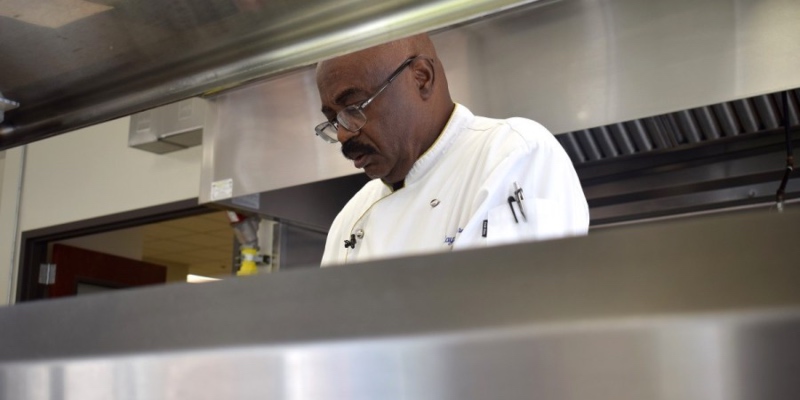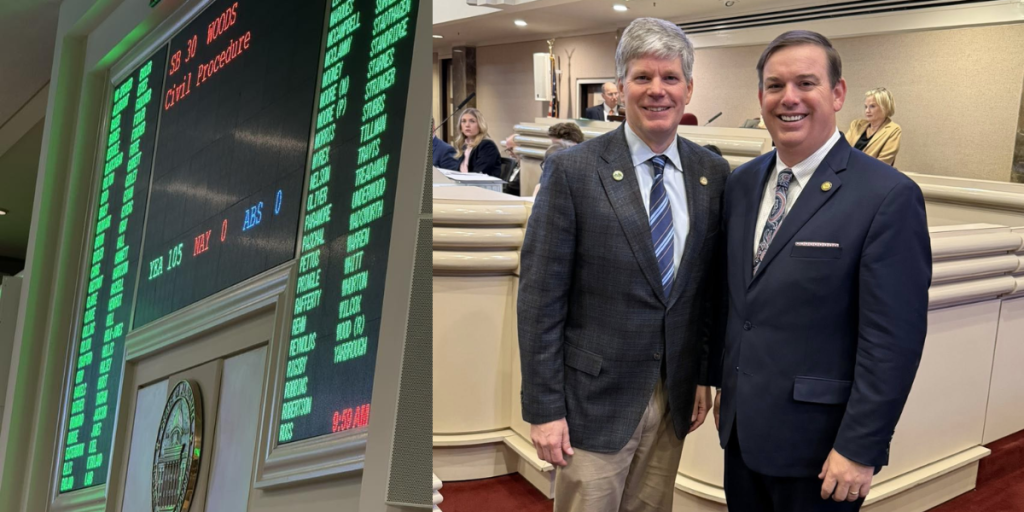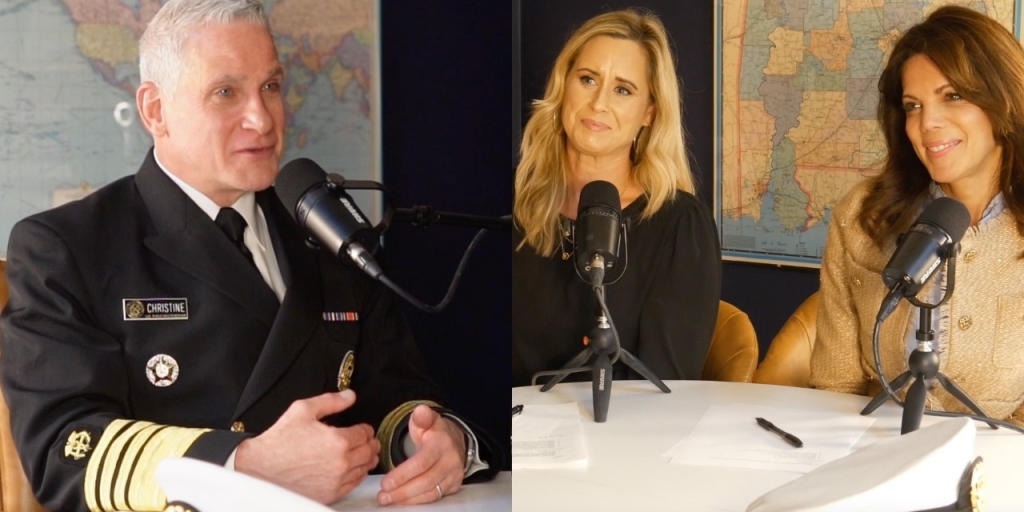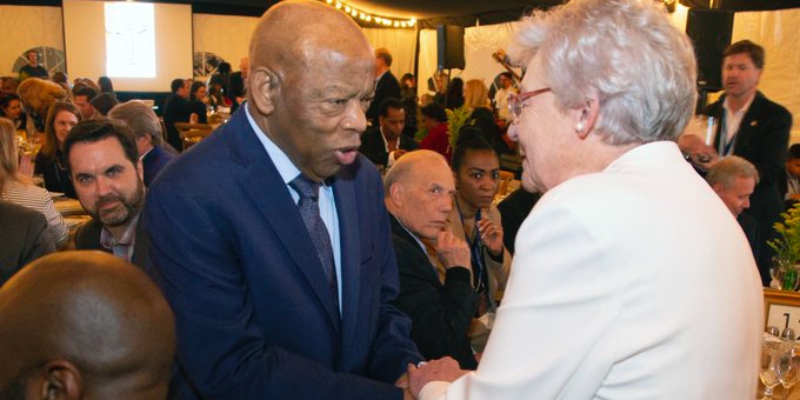Chef Clayton Sherrod knows that what makes a good jambalaya is the harmonious balance of the various ingredients melding together to make something greater than they make by themselves.
Addressing issues like social injustice, political divisions and separations brought on by a global pandemic may not be as simple as following a jambalaya recipe. But Sherrod does see food as having a great power to unify, and those who can cook possess a power that can transcend obstacles.
That’s why Sherrod finds joy in teaching others to cook – both as a consultant at the Lawson State Community College culinary arts program and as an instructor to residents of the Birmingham Housing Authority.
Culinary arts has become a popular program at Lawson State as an elective to those interested in food and as a main track for those looking to work in the industry. Sherrod helps create the curriculum that he hopes teaches students not only how to cook, but prepares them with skills in restaurant management and service that sets them up for success.
But it’s when he talks about his work with the Birmingham Housing Authority that Sherrod gets the biggest grin.
“It’s close to my heart,” he said. “That is helping people that really, really need help.”
It is there where food takes on a transforming power. It elevates nutrition, improves diet and health, teaches how to select and use fresh ingredients and – most of all – how to be self-sufficient.
Some may go on to find work in kitchen, further changing their lives.
It’s work that earned Sherrod a commendation from U.S. Housing and Urban Development Secretary Ben Carson.
Sherrod was set to add to the program – teaching residents how to be servers, bartenders, receptionists and other jobs in the industry to enhance their job prospects.
Then, COVID-19 happened. But Sherrod plans to pick up where he left off as soon as the pandemic allows.
“We’re going to keep on marketing so once all of this is over, we’re going to land on all fours and just really put this thing on the top as it should be,” he said.
Sherrod is adjusting the Lawson State curriculum for a post-COVID-19 world – one where serve-yourself buffets and other restaurant practices may no longer exist.
“I’m always looking at the bright side that eventually, when this is over, I would like to have our Lawson State students and our Housing Authority Birmingham District students – I would like to have them past the curve,” he said. “I want them to be that much more ready than anyone else.”
Sherrod knows about being ready. As a boy, he caddied at Vestavia Hills Country Club and when they asked for someone to help in the kitchen, he was the only caddy to volunteer. He would move up from busboy to baker to becoming executive chef at the age of 19.
Interstate United hired Sherrod to become chef at U.S. Steel. He got his degree from the Culinary Institute in New Haven, Connecticut, started his own food services company and became corporate chef for Alagasco.
He also founded the Birmingham Chapter of the American Culinary Federation.
It was his work as the U.S. representative of World Chefs Tour Against Hunger that took Sherrod all over the world to feed starving children in South Africa. That led to Sherrod’s involvement in One Net One Life, which sends money to a company in Johannesburg, South Africa that makes and distributes mosquito nets to pregnant women, mothers and children and teaches them how to hook up the net over the bed to cover it and protect them at night from the deadly diseases mosquitoes can carry.
All because of the power of food and what Sherrod has been able to do with it.
Oh, and that jambalaya? Sherrod will be serving it and white chocolate bread pudding to customers at the Market at Pepper Place Saturday, July 18.
(Courtesy of Alabama NewsCenter)













